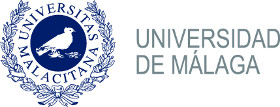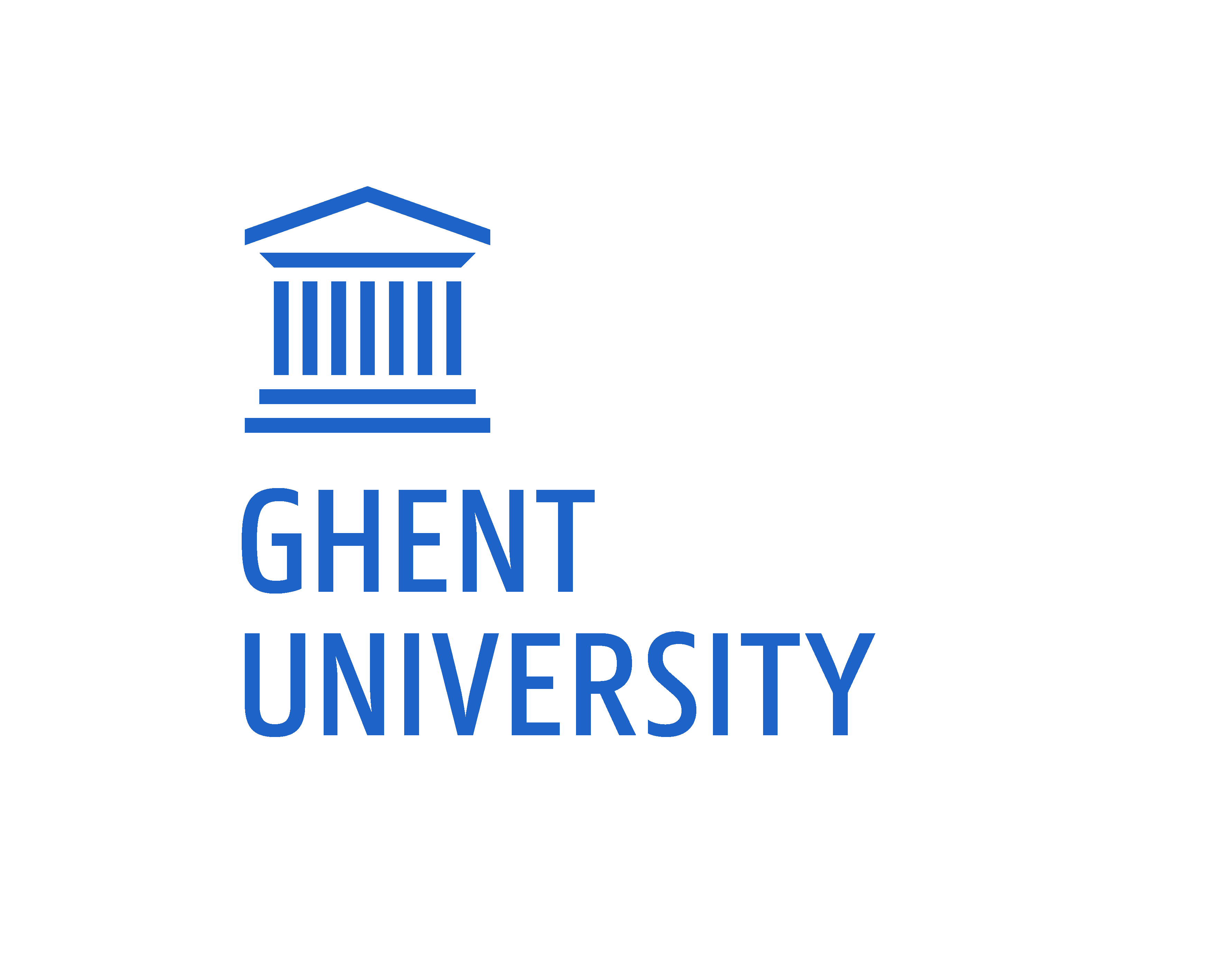List of modules from University of Wolverhampton, UK
WLV01/7LN001: Python programming (10 ECTS)
Optional module in the 1st Semester
The module will enable you to acquire basic and intermediate concepts of computer science and programming in Python. The module is intended for linguists and other non-computer-scientists who have no programming experience, but computer scientists interested to learning Python and how it can be used in corpus linguistics can also benefit from it. Its special focus will be on Python and how it can be used to solve problems from corpus linguistics. Topics to be covered include: how to analyse the problem to be solved, fundamental data types, control structures, functions, regular expressions, simple tokenization, arrays, dictionaries, files, and corpora. Laboratory sessions will give participants hands-on experience in writing Python programs individually and in teams. The module will also introduce you to NLTK, a powerful package for language processing.
Learning outcomes
- Thorough understanding of basic and intermediate concepts of programming using Python
- The ability to critically analyse approaches to programming for corpus processing
- The ability to use and develop computational tools for practical tasks from corpus linguistics
- The ability to recognise and show a high level of understanding of issues that need to be addressed during the development of computer programs for corpus linguistics
Assessments
- Exam
- Portfolio
WLV02/7LN006: Research methods (10 ECTS)
Optional module for Year 1 students; run in the 1st Semester
The primary aim of this module is to develop your knowledge and experience of research methods and techniques in the field of computing and information systems. In particular, to develop professionalism in the acquisition and deployment of appropriate research skills in areas such as ethics, data collection, documentation, and presentation.
Learning outcomes
- Professional competence in the application of research methods and the presentation of research data
- Production of a critical review of appropriate subject matter supported by evidence of sources, and evaluation of those sources
- The ability to present research results in a comprehensible and professional manner
Assessment
- Portfolio
WLV03/7EN009: Words, Meanings, and Linguistic Creativity (10 ECTS)
Optional module in the 1st Semester
This module focuses on the ways in which we use words, idioms, and metaphor, and how we exploit the norms of language for creative purposes. This module will introduce you to key theories of language relating to the study of lexis, with particular emphasis on the ways in which phraseological and syntactic patterns interact to create meanings. You will be introduced to the core concepts and techniques of corpus analysis, learning how to interpret concordance data, and you will explore the ways in which meanings are exploited in texts.
Learning outcomes
- Understanding of key theories pertaining to the study of lexicology and the ability to critically evaluate theories and methodologies relevant to linguistic analysis;
- A capacity for independent thought, synthesis of ideas, and critical analysis;
- The ability to conduct rigorous linguistic analysis using appropriate corpus linguistic and stylistic methodologies;
- The ability to express complex ideas in sophisticated English, appropriate to post-graduate level study, and to use linguistic terminology accurately.
Assessment
- Portfolio
WLV04: Specialised Seminar: Technologies for Translation and Interpreting: Challenges and Latest Developments (10 ECTS)
Optional module in the 1st Semester
In this module, you will develop an in-depth understanding of the latest developments in the field of translation and interpreting technology. The module is structured around a series of guest lectures delivered by leading researchers from various academic institution and industry partners. Each lecture will cover a specific research topic or area, and discuss challenges and opportunities in the development and use of the newest technology for both translation and interpreting. By the end of the module, you will be up-to-date with current research trends in translation and interpreting technology, as well as with the latest state-of-the-art technology embedded in tools used by professional translators and interpreters.
Learning outcomes
- Understand the main challenges in the field of translation and interpreting technology.
- Demonstrate in-depth knowledge of the recent developments in the field of translation and interpreting technology and how these developments affect the translator’s and interpreter’s workflow.
- Demonstrate a solid understanding of the underlying state-of-the-art computational solutions embedded in translation and interpreting technology applications.
- Critically evaluate published research in the field of translation and interpreting technology in terms of relevance, novelty and practical applicability, and formulate relevant questions pertaining to different aspects of the research examined.
Assessments
- Portfolio
WLV05: Project Management for Translators and Interpreters (10 ECTS)
Optional module in the 2nd Semester
In this module, you will develop key knowledge and transferrable skills required to work in the world of translation and interpreting, both as a freelance and as an in-house translator or interpreter. Through a combination of lectures and project work, you will be exposed to prototypical situations you are likely to encounter in your future career. The module will enable you to acquire a wide range of practical skills in project and client management, financial administration, accountancy, web design and digital literacy, all of which are essential to the successful delivery of a high-quality translation or interpreting service in a competitive market. You will work individually and as part of a team on group projects, receiving constructive formative feedback on your performance. Teaching will be interactive and problem-based, featuring real-world examples from various areas of the industry.
Learning outcomes
- Demonstrate a solid knowledge and critical understanding of the principles and techniques appropriate for project and client management, and how these skills can be transferred into the translation context in relation to the specific needs of the clients and the target audience(s);
- Demonstrate advanced practical skills in planning, monitoring and controlling all stages of a project through to completion, including the ability to establish work patterns and collaborative models, time and resource management, personal branding and marketing skills, and quality assurance;
- Demonstrate solid digital literacy skills, including the use of appropriate project management software;
- Demonstrate an ability to communicate effectively, both orally and in writing, in a range of scenarios from daily routine to harmonization and implementation of changes in the project;
- Demonstrate professional behaviour and transferrable skills necessary for employment as a professional translator or interpreter, including the exercise of personal responsibility, good interpersonal skills, and the ability to harmoniously work in a team and avoid conflict.
Assessment
- Portfolio
- Report
WLV06/7LN002: Corpus Linguistics with R (10 ECTS)
Optional module in the 2nd Semester
A corpus is a large body of text stored on the computer, sampled for a specific purpose or linguistic analysis. The aim of the module is to introduce you to the foundations of Corpus Linguistics. You will acquire knowledge and skills required both for carrying out statistical analyses of corpora, and learn how corpora are used in specific applications, including machine translation, the study of the human translation process, and in finding the characteristics of learner language. R is a computer programming language for statistical calculations.
Learning outcomes
- Comprehensive understanding of concepts in corpus linguistics
- An ability to critically select suitable statistical tests for the analysis of specialist corpora
- An ability to use corpus processing tools, including the R statistical programming language.
Assessments
- Report
- Project
WLV07/7LN003: Machine translation (10 ECTS)
Optional module in the 2nd Semester
The module explores the main theoretical and practical aspects of many Natural Language Processing (NLP) applications, including Machine Translation (MT), i.e., the use of computers in translation, as well as many other language technologies such as Question Answering, Information Extraction, Text Summarisation, Text Retrieval, Text Simplification, Web/Opinion Mining, Dialogue Systems and Speech Recognition. You will familiarise yourself with popular language processing software, look at freely available solutions and learn the rationale and main applications of such software.
Learning outcomes
- A thorough understanding of MT and other key NLP applications
- Critical knowledge of how MT works and of all the challenges associated with MT
- Critical knowledge of when MT is successful and in which scenarios MT should (or should not) be used
- The ability to critically evaluate, compare and analyse NLP systems, such as those for automatic summarisation, information retrieval, question-answering systems, plagiarism detection and sentiment analysis.
Assessments
- Report
- Presentation
WLV08/7LN005: Translation technology (10 ECTS)
Optional module in the 2nd Semester
The aim of this module is to introduce you to the theoretical and practical aspects of translation technology (TT). You will acquire the knowledge and skills of electronic tools used by professional translators, such as translation memory systems (TMS), on-line resources and corpus management. Formative assessments including plans for essays and portfolios will allow you to receive feedback on your work at different points during the semester before the final summative assessments are due.
Learning outcomes
- A mastery of the range of computer-assisted systems and e-resources used in professional translation
- A critical ability to perform appropriate documentary e-searches pertaining to a given translation project
- A critical ability to compile and exploit different kind of corpora for translation purposes
- An ability to critically assess, select and use TMS for a given translation project
Assessments
- Report
- Portfolio




